About Lebanon
A small nation of more than 4 million people, Lebanon’s strategic location, the diversity of its citizens, and its entrepreneurial spirit have long made it a center of trade and culture and a bridge between Europe and the Middle East. Since the end of the Civil War in 1990, Lebanon has been working hard, despite continued sectarian strife—and now the crisis in neighboring Syria—to rebuild its physical, social and economic infrastructure.
Lebanon’s economy is largely driven by services, a strong financial sector and, prior to the current crisis in neighboring Syria, tourism. Years of civil war and recurring periods of political unrest pose significant challenges to stability and prosperity. These challenges include growing the economy, improving the public education system, rebuilding national infrastructure, preserving the country’s ecological resources, and strengthening local governance.
U.S. assistance to Lebanon continues to help the country in its revival efforts. USAID engages with partners to help increase access to education, improve water and wastewater services, ensure good governance, enhance academic opportunity, particularly in poor, underserved areas, and protect the environment.








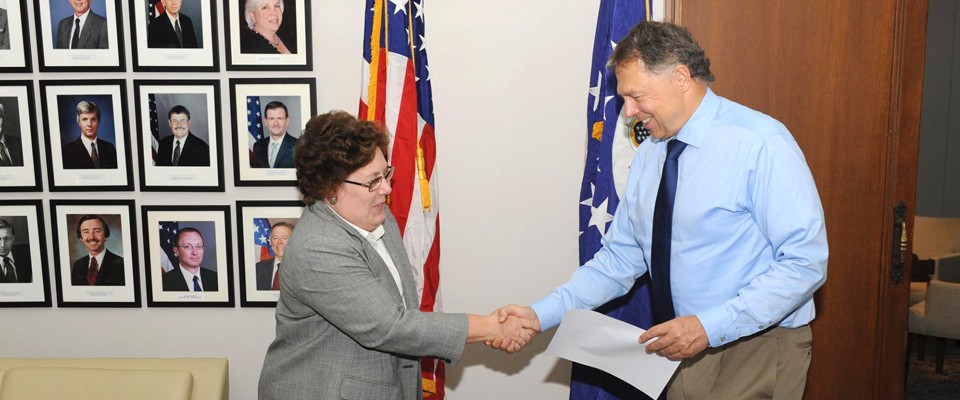
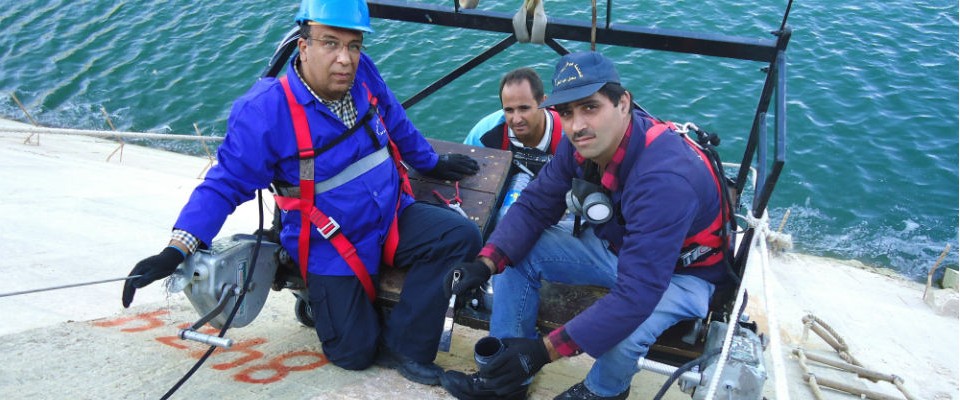
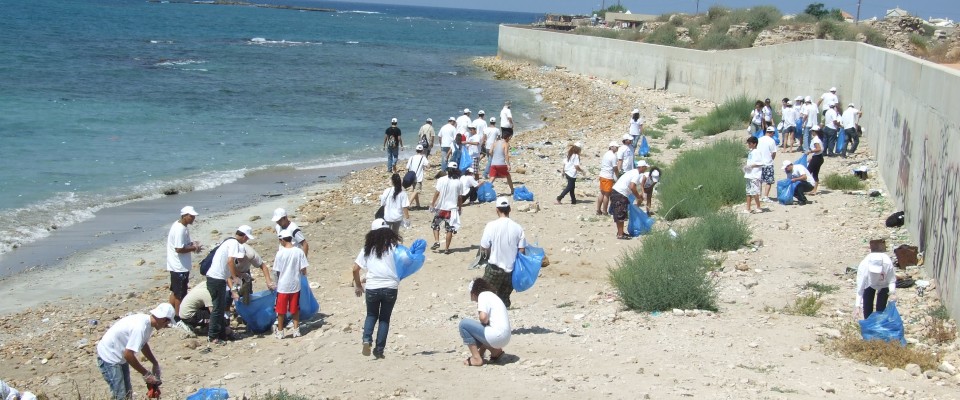
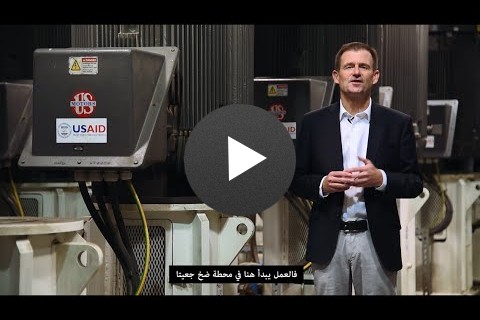
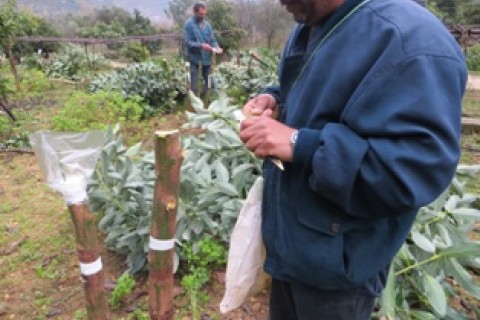
Comment
Make a general inquiry or suggest an improvement.